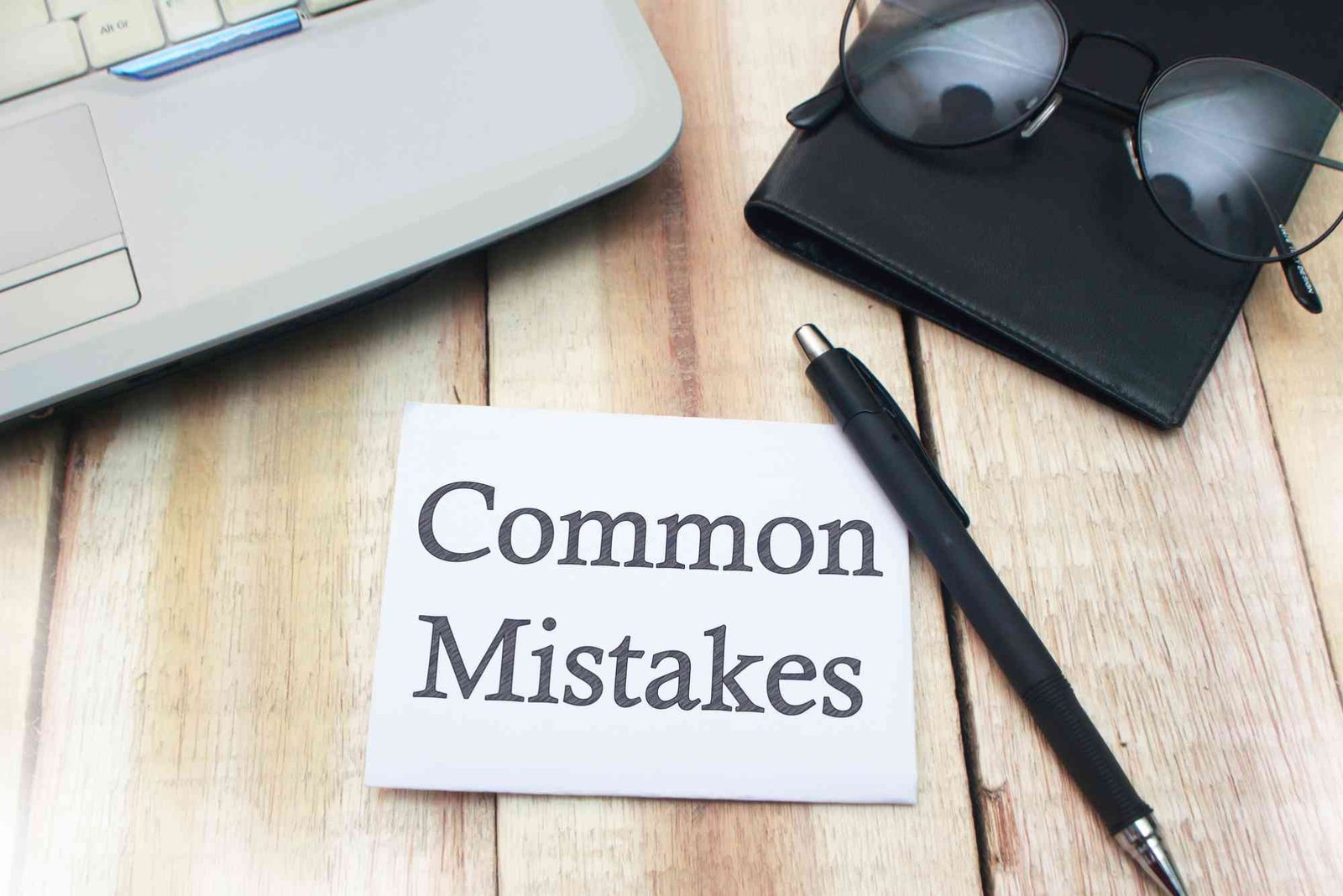Over the years, I’ve worked with various businesses trying to streamline their internal processes—sales follow-ups, customer communication, team collaboration, and one particular pain point that keeps surfacing: scheduling meetings. Whether it’s a follow-up call with a lead or a coordination meeting with team members, time management becomes chaotic without the right system in place. This is where CRM scheduling really begins to shine.
Customer Relationship Management (CRM) systems have long been praised for managing contacts and tracking sales pipelines, but one of their underrated superpowers is how well they assist with meeting scheduling. In fact, once a CRM platform with integrated scheduling capabilities is in place, businesses often wonder how they ever functioned without it. So, let’s explore in depth how CRM helps with meeting scheduling and why it’s become a go-to solution for modern businesses.
Understanding the Basics of CRM Scheduling
CRM scheduling refers to the set of features within a CRM system that allow users to plan, organize, and manage meetings, calls, and appointments with customers, leads, or team members. These features usually include integrated calendars, automated reminders, time-slot suggestions, booking links, and sometimes even AI-powered suggestions.
Most CRM platforms, whether it’s Salesforce, HubSpot, Zoho, or others, have built-in scheduling tools or allow integrations with scheduling software like Calendly or Microsoft Outlook. These tools are not just about blocking time on a calendar—they are about aligning sales strategies, improving customer relationships, and eliminating manual coordination efforts.
From my own experience, integrating CRM scheduling into a sales workflow not only increased attendance rates but also drastically reduced the time spent on back-and-forth emails. The entire sales cycle began moving more efficiently.
Better Visibility and Centralized Calendars
A key benefit of using CRM for scheduling meetings is the centralized visibility it offers. Instead of juggling between email threads, spreadsheets, and multiple apps, everything lives within one system. You can see the upcoming meetings for your team, track client interactions, and ensure that no lead is left unattended.
Let’s say you’re managing a team of sales reps. A centralized CRM calendar allows you to oversee each rep’s schedule without micromanaging. You can identify gaps, overlaps, or missed appointments, and adjust workloads accordingly. This kind of clarity not only prevents confusion but also improves team productivity.
Automated Scheduling Reduces Human Error
Manual scheduling is prone to errors. A missed time zone, an overlooked conflict, or a forgotten follow-up can easily derail an important opportunity. But when you’re using CRM scheduling, the system does the heavy lifting.
Modern CRMs can automatically detect time zone differences, block out unavailable slots, and sync with external calendars in real time. So, when a client chooses a meeting time through a CRM-generated booking link, both parties receive confirmation and automatic calendar invites—no more missed calls or double bookings.
I once worked with a mid-sized tech company that was consistently missing international client meetings. The culprit? Time zone confusion. Once they switched to a CRM with automatic time zone detection and scheduling features, the missed meetings problem vanished almost overnight.
Seamless Integration with Workflows
One of the powerful aspects of CRM scheduling is how it integrates with the rest of your workflows. When a meeting is scheduled with a prospect, it can automatically trigger follow-up tasks, set reminders, and log the activity into the lead’s record. This tight integration ensures that nothing falls through the cracks.
For example, in HubSpot CRM, when you schedule a call with a prospect, the system can automatically create a task for follow-up two days later, assign it to the right sales rep, and even personalize a reminder email template. This means your team spends less time managing their to-do lists and more time nurturing relationships.
Improved Customer Experience
From the client’s perspective, CRM scheduling simplifies the experience of connecting with your team. Instead of emailing back and forth to find a time that works, they simply pick a slot from a pre-approved list that matches your availability. The convenience and speed this offers can be the difference between closing a deal and losing a lead.
A professional services firm I advised last year implemented CRM scheduling with client-facing booking pages. Within a month, their lead-to-meeting conversion rate increased by 35%. Clients appreciated the simplicity of being able to choose their own meeting times, and the firm saw a drop in no-shows thanks to automated reminders.
Team Collaboration Made Easier
Scheduling meetings isn’t just about clients—it’s also about internal coordination. CRM systems allow multiple team members to view and manage shared calendars, making it easier to schedule team meetings, strategy sessions, or onboarding discussions.
In one marketing agency I consulted for, project managers used to chase designers and account managers through Slack just to book 15-minute update calls. After implementing a CRM with collaborative scheduling features, meetings could be booked based on live availability, with room bookings and Zoom links generated instantly. Productivity soared because teams weren’t wasting time coordinating logistics.
CRM Data Enhances Scheduling Strategy
One aspect of CRM scheduling that often goes unnoticed is how it benefits from CRM data. When your scheduling tool is part of your CRM, it uses customer data to make smarter decisions. For example, it can:
-
Suggest optimal times based on past meeting behavior.
-
Send follow-up invites based on email engagement metrics.
-
Avoid scheduling meetings during known holidays or client out-of-office dates.
This level of intelligence means your scheduling isn’t just efficient—it’s strategic. You’re making decisions backed by data, not guesswork. For customer-facing teams, this leads to higher engagement and better outcomes.
Real-Time Notifications and Tracking
Timely communication is vital in managing professional relationships. CRM scheduling tools keep everyone in the loop by sending out real-time notifications. When a meeting is booked, rescheduled, or canceled, updates are sent immediately to the involved parties, and the CRM timeline is updated accordingly.
I’ve seen businesses use this to create a “live dashboard” of scheduled calls, appointments, and pending follow-ups, ensuring that leadership always has a pulse on what’s happening without having to dig through individual team calendars or email threads.
CRM Scheduling Saves Time and Money
At its core, CRM scheduling is a time-saver. For small businesses, where teams wear multiple hats, the ability to quickly set and manage meetings without administrative overhead is priceless. For larger organizations, the scalability it provides is what makes it truly powerful.
I remember a sales manager at a SaaS startup who used to spend nearly two hours every Friday coordinating the next week’s calls. After switching to a CRM-integrated scheduling tool, that time dropped to under 15 minutes. That’s nearly 90 minutes reclaimed every week—time that could be spent on strategy, coaching, or actually selling.
Choosing the Right CRM Scheduling Tool
Not all CRMs are created equal, and not all of them have strong scheduling capabilities out of the box. When evaluating CRM platforms, consider whether the scheduling features include:
-
Calendar integrations (Google Calendar, Outlook, etc.)
-
Time zone management
-
Automated reminders and follow-ups
-
Easy-to-share booking links
-
Internal meeting coordination tools
-
Mobile compatibility
You should also look at how customizable the scheduling interface is—can you brand it with your logo, set buffer times between meetings, or limit the number of appointments per day? These small details make a big difference in delivering a smooth experience.
Final Thoughts: CRM Scheduling Is a Game Changer
In today’s fast-paced, remote-friendly world, effective meeting scheduling is more important than ever. And the truth is, manual scheduling just doesn’t cut it anymore. The friction it creates can hurt customer relationships, waste employee time, and ultimately slow down business growth.
CRM scheduling solves these problems by bringing clarity, automation, and intelligence into the process. It allows you to be more professional, more responsive, and more strategic—all of which directly contribute to better business outcomes.
From my own professional journey and experience helping teams implement CRM solutions, I can confidently say that integrating scheduling into your CRM isn’t just a nice-to-have—it’s a necessity. If you haven’t embraced this feature yet, now’s the time. The benefits go far beyond simply booking a meeting—they transform the way you work.










